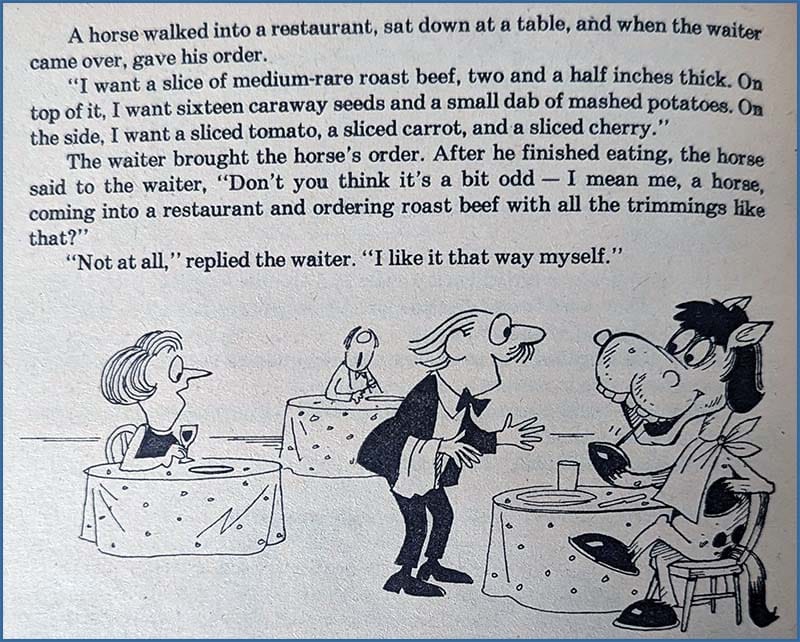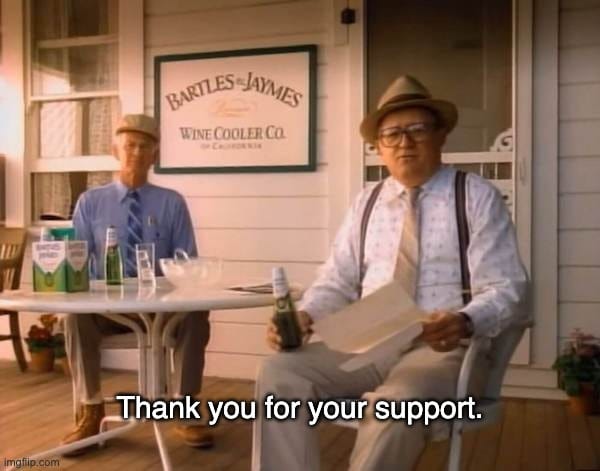Transparency redistributes power
It redistributes power, putting regular folks on the same footing as the guys in charge, or at least somewhere closer to the same footing.

My original plan was to write a week's worth of posts before I launched this newsletter—then I'd always be a week ahead, or at least I'd have a buffer if I took a few days off from writing. But day after day, I wasn't sitting down and writing that week's worth of posts, and I finally thought I'd better just throw myself into this and do the best I could. Which is all a long-winded way of saying: I know this newsletter has come out later in the day with each passing day.
Not long ago, I'd have felt so embarrassed about that, I would probably have just given up. But I guess I've read enough Brené Brown now to give myself some grace. It's okay to be a little bad at something when you're starting out. It's okay to learn and improve as you go. It might even be more than okay. It might be good. It might also be the only way it works.
—
Yesterday I linked to an Ask a Manager post about wrongs being righted at work. (It made my mom cry a little, which I knew it would because it made me cry a little. Julia also cried a little, when she found out I was putting jokes from my childhood joke book in my newsletter.) Three of the ten stories in that post don't involve taking a dramatic stand against a big jerk—they're just about someone sharing salary information. But reading them, you can tell what a huge difference that made for the people who shared them.
It's the American custom not to discuss how much we get paid; we've been taught it's bad manners. It's so ingrained in us, in fact, that employers sometimes act offended when a job candidate asks about pay, or refuse to share salary information until late in the hiring process—which wastes everyone's time if the number isn't high enough. But employers do it because holding onto salary info gives them the upper hand. So does our cultural taboo around discussing it openly. At workplaces all over the country, coworkers with the same job title and responsibilities are getting paid different amounts of money—sometimes vastly different—and if you think it's usually because the person getting paid more is doing a better job, then you are part of the reason the phrase "oh, my sweet summer child" was invented. Despite what you may have been told about wokeness taking over corporate America, it's normal for white guys to make more than men of other races and women of any race doing the same work. When we share salary information with our coworkers and peers, we learn about those disparities, which is the only way we can address them.
Transparency is an essential tool for fixing inequity. It redistributes power, putting regular folks on the same footing as the guys in charge, or at least somewhere closer to the same footing. This is just a fact, just a function of how transparency works, a natural law. That doesn't mean transparency automatically makes things easier; when I come back to this, we'll talk about how the widely bemoaned polarization of present-day American politics was the result of transparency. But it does mean there's no fixing things without it. More on that soon.
—
Ron DeSantis doesn't even pretend to care about free speech. The Republican governor of Florida's administration is threatening to sue TV stations in his state that run an ad about abortion rights. He doesn't like the ad because it features a woman telling a true story about why the abortion ban DeSantis signed into law in May would likely have killed her. (This is a good example of how transparency benefits all of us, and why people like DeSantis hate it: He doesn't want his constituents to know the weird conservative crusade to control women's bodies is more important to him than their lives.) In spirit, these threats are nothing new, but this is a notable escalation, even if it's just for show. This is the government trying to stifle a private entity's speech. It's so obviously a violation of the First Amendment that it's alarming it's even being threatened, regardless of whether DeSantis follows through or not.
"[A]n X-rated pedophile hellscape, exposing children to grooming, pornography, violent content and extremely abusive speech" is how an organization called Hindenburg Research describes Roblox, the popular online game platform that your children are probably using, if they are child-aged. I don't think that means you should tell the kids to stop using it—I try not to tell my kids to stop doing anything, because they get so upset, and then they want to argue, when I just want to keep looking at my phone—but it's a good reminder to go over internet safety with them.
Oh, and the latest Supreme Court term began on Monday. One of the cases it will be looking at, Free Speech Coalition v. Paxton, is about whether the government can require porn websites to verify a user's age before letting them access content. Age verification, of course, is only an issue if for some reason you're uncomfortable with, for instance, sending xHamster a picture of your driver's license. Who doesn't want to do that?
—


—
It's 10 pm now, so Thursday's edition will be coming soon as well. 🤷🏼♂️ Share your thoughts, feelings, things you'd like to know more about, politely worded corrections, and feet pics with me at joshwimmer@gmail.com. Forward this newsletter to anyone who might be interested.
Having a Normal One comes out Monday through Friday. Subscribe today for just $3/month or $33/year. Posts are available for free a day after publication at normalnewsletter.net.
